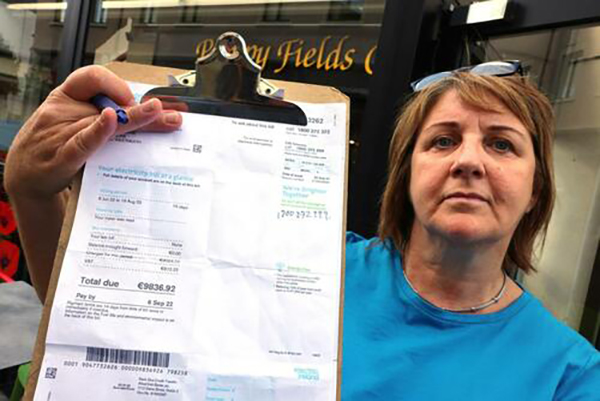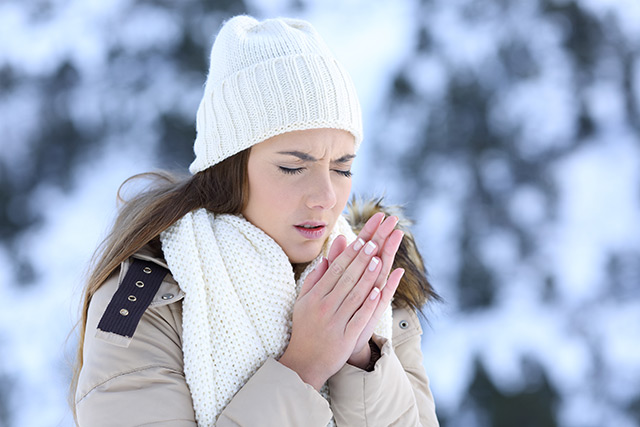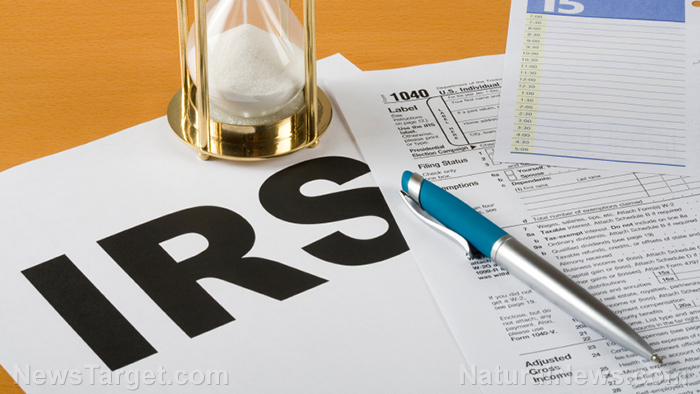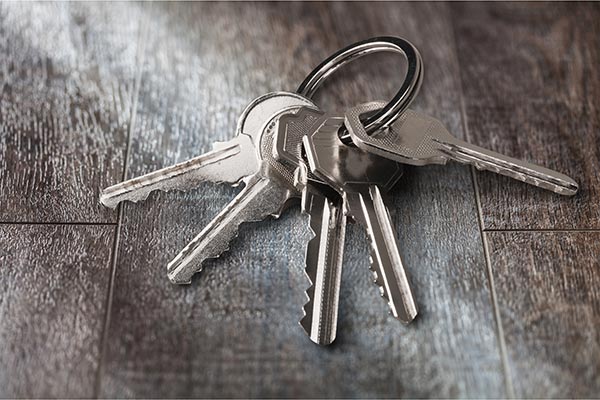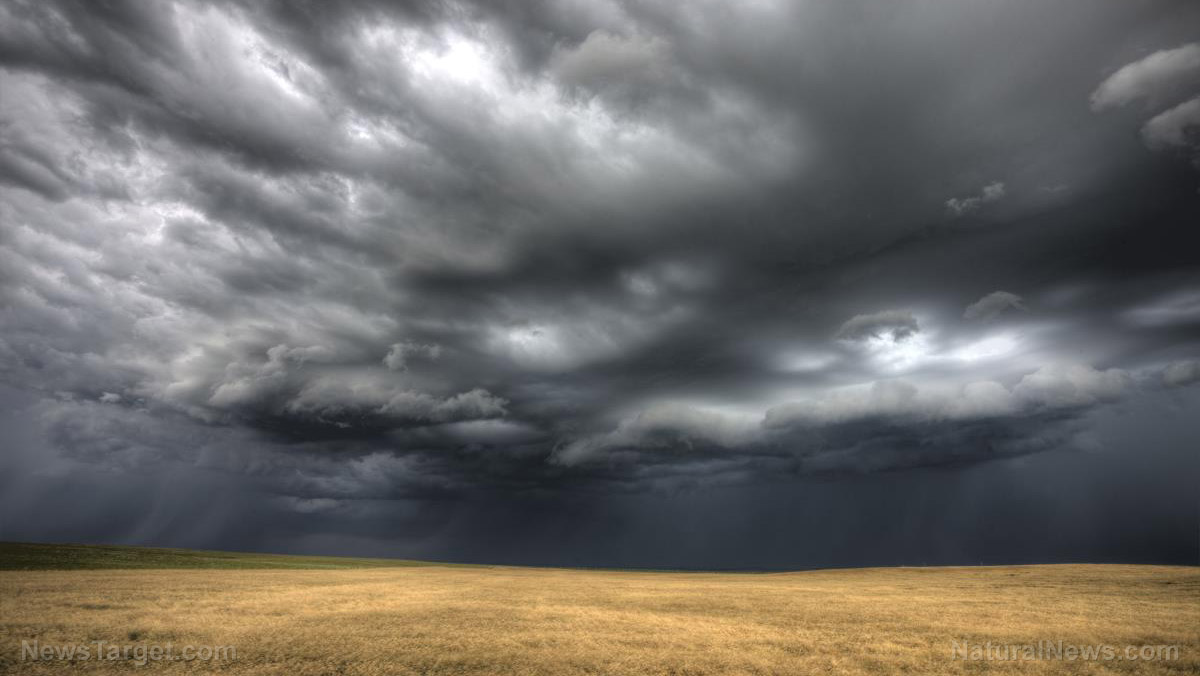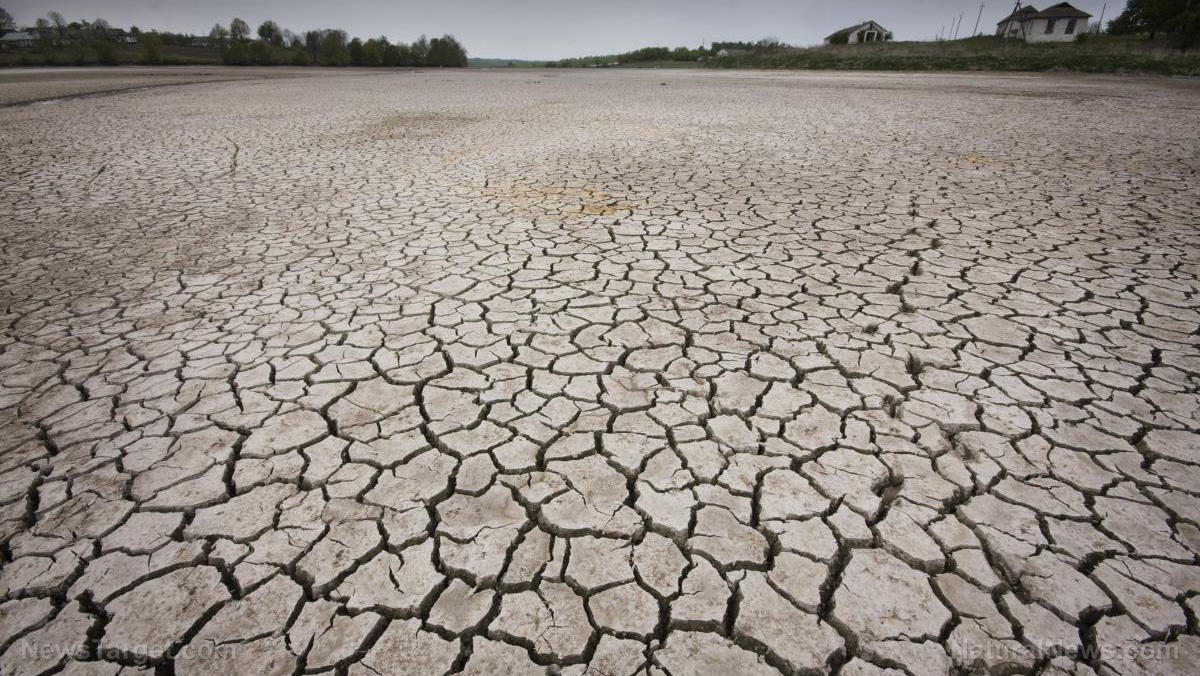North Texas plumbing company receives 2,200 calls within 24 hours because of burst pipes, flooding due to winter storm
02/26/2021 / By Zoey Sky
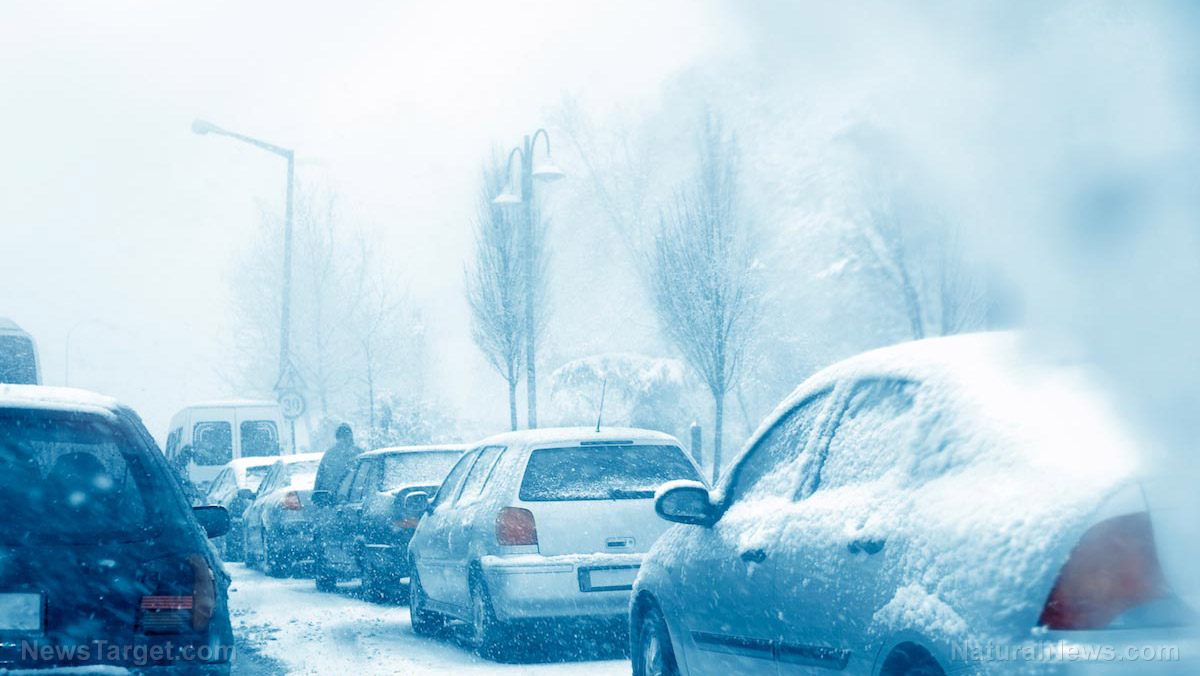
On a normal day, plumbers like David Crow would be ecstatic to have their office phones ringing off the hook. But when a cold snap in February caused statewide blackouts, he was overwhelmed as his company received a shocking 2,200 calls in 24 hours.
North Texans unprepared for deep freeze and plumbing issues
According to Crow, who works for Benjamin Franklin Plumbing, the company witnessed first-hand how severely North Texans suffered following the deep freeze in the state.
The cold weather made pipes burst and flooded homes across Texas and Crow and his colleagues weren’t prepared for the volume of calls. He also expressed his worry about the residents who have had to deal with plumbing issues and dwindling food supplies.
Scott Oldemburgh, a resident from Arlington, said it was hard to deal with a home flood while plumbers in the area are overloaded with requests. He added that even though homeowners followed the steps to prevent flooding and plumbing issues, Texas wasn’t prepared to deal with the damage caused by the cold snap.
Crow shared that Oldemburgh “had a water line on the interior on the other side of that brick, that froze and burst.” (Related: Fifteen HARD lessons I learned from the “Texageddon” blackouts and collapse of critical infrastructure.)
According to Crow, when the weather gets this cold, taking precautions isn’t enough to prevent these incidents.
Tyler Young, a Keller resident, shared that he and his family were lucky since they managed to catch a pipe that burst before it caused severe water damage to their whole wall. Young added that the burst pipe “sounded like a waterfall.”

Experts advised that homeowners must remain vigilant. If you live in North Texas or areas near the cold snap, monitor and listen to your pipes. Keep water running lightly, not just dripping.
Daniel Barrett from North Hills Plumbing said that if a pipe is already frozen, homeowners must keep an eye on it. Once your pipes unfreeze, it’s likely that they would break and cause flooding in your home.
Cold weather delays resumption of in-person classes
The cold snap in North Texas has also affected schools in the area.
Dozens of schools have suffered damage that could delay the resumption of in-person classes. Earlier in February, many schools have already canceled classes.
Throughout North Texas, warmer temperatures have caused flooding and water damage at homes and schools.
Sprinkler pipes have frozen and burst in campuses that have lost power for several hours. When maintenance staff attempt to clean up the mess, the power would often go off again.
According to the Arlington Independent School District, at least 23 schools and buildings have been damaged but there could be more unreported cases.
Both Arlington and Dallas school leaders have announced that they would continue monitoring buildings before determining how and when classes could resume. Some areas might go back to online classes to ensure the safety of teachers and students.
Tips to survive winter storm
Detailed below are tips that would help you get through the winter storm in the state:
How to stay safe while driving
According to the American Automobile Association (AAA) Texas, modern vehicles don’t need to idle or “warm-up” before you drive in cold weather. Check your exhaust pipe and make sure it isn’t clogged with ice or snow. A blocked exhaust can make carbon monoxide gas leak into the vehicle.
When you’re on the road, drive slowly and brake gently to avoid skidding on ice. Leave at least three times more space than usual between you and the vehicle in front of you.
Take it easy on the gas so you can regain traction and avoid skidding as you drive.
Water safety tips
If there’s a boil water notice in your area, the Centers for Disease Control and Prevention (CDC) suggests bringing water for cooking, drinking or brushing your teeth to a rolling boil for at least two minutes. Do the same for water for your pets because they can also get sick from contaminated water.
Don’t use water from appliances connected to your water line, like ice machines and water filters in your refrigerator. You don’t need to boil bathwater, but make sure you don’t swallow any water while you shower.
Food safety tips
According to the CDC, food can stay safe for at least four hours in the refrigerator and about 48 hours in a freezer that’s full or 24 hours in a half-full freezer.
Get rid of perishable foods like eggs, fish, meat and milk if you lose power for four hours.
Conserving energy during a power outage
If you have power, turn down your thermostat to 68 degrees and keep shades and blinds closed. This will help reduce heat loss through windows.
If there’s a power outage, avoid using ovens, stovetops, or grills to heat your home to prevent the risk of carbon monoxide poisoning.
The Texas Department of State Health Services advised homeowners to be careful when using electric generators and other heat sources that produce carbon monoxide.
Leave generators outdoors and keep them at least 10 feet away from buildings. Don’t operate generators indoors or in your garage.
Before warming a vehicle, take it out of your garage immediately after starting it. Never leave cars or fueled motor vehicles idling indoors, even if you leave the garage door open.
Protecting indoor and outdoor pipes from cold weather
Keep all outside pipes insulated, along with pipes in the unheated parts of your home like the attic, basement and crawl spaces.
Disconnect garden hoses from outdoor faucets and use newspaper or rags as insulation if you don’t have any foam piping. According to the American Red Cross, a 1/4-inch layer of newspaper should be enough protection.
Let cold water drip from indoor faucets that are in or near your house’s exterior walls. If you have cabinets that contain water pipes, like the kitchen and bathroom sinks, leave the cabinet doors open to let heat circulate.
Identify your main water shut-off valve in case of an emergency. Try to shut your water off if you need to leave your home.
Visit Power.news for more tips on how to say safe during the power outages in Texas.
Sources include:
Submit a correction >>
Tagged Under:
cold snap, Collapse, disaster, electricity, freeze, grid collapse, North Texas, plumbing, power failure, power outages, Texas, weather crisis, winter storm 2021
This article may contain statements that reflect the opinion of the author
RECENT NEWS & ARTICLES
COPYRIGHT © 2017 COLLAPSE.NEWS
All content posted on this site is protected under Free Speech. Collapse.news is not responsible for content written by contributing authors. The information on this site is provided for educational and entertainment purposes only. It is not intended as a substitute for professional advice of any kind. Collapse.news assumes no responsibility for the use or misuse of this material. All trademarks, registered trademarks and service marks mentioned on this site are the property of their respective owners.






